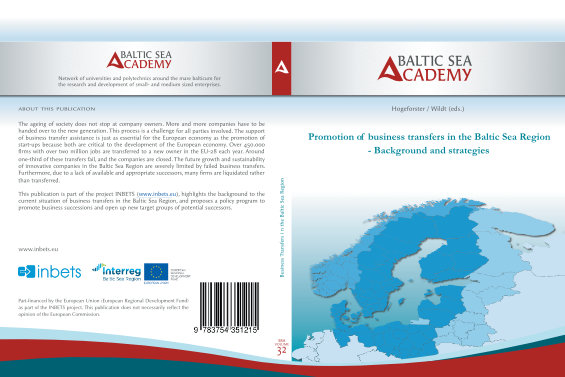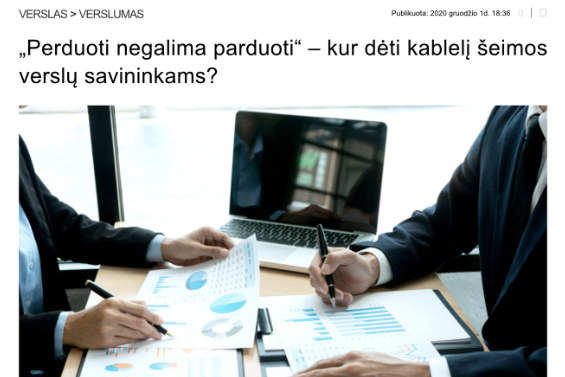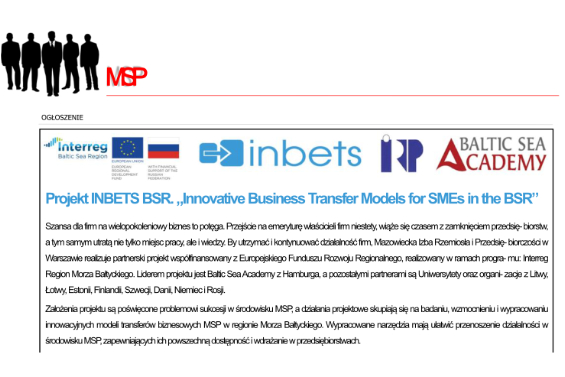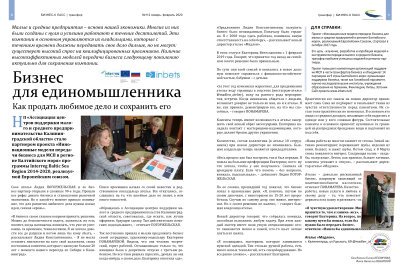
BALTIC SEA ACADEMY E.V.
Blankeneser Landstrasse 722587 Hamburg, Germany
+49 40 – 822 447 – 0
+49 40 – 822 447 – 22
info@baltic-sea-academy.eu
INTERREG BALTIC SEA REGION
Managing Authority /Joint SecretariatIB.SH
Investitionsbank Schleswig-Holstein
Grubenstraße 20
18055 Rostock, Germany
phone +49 381 454 840
info@interreg-baltic.eu










